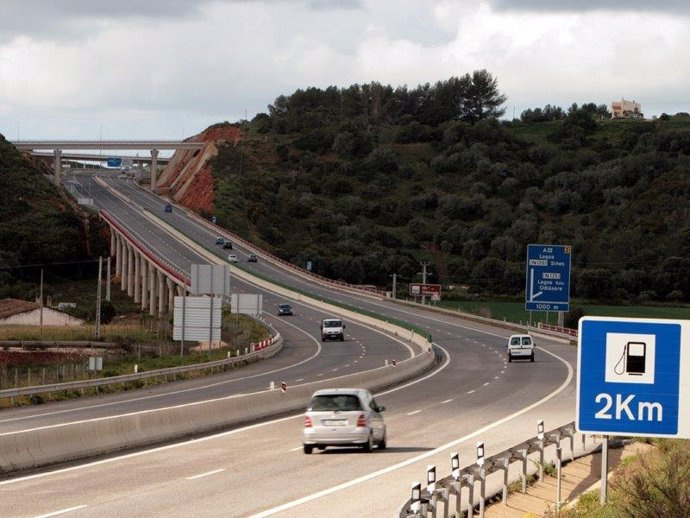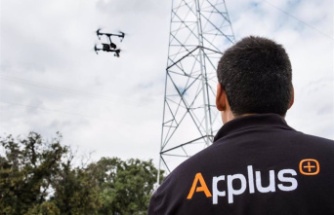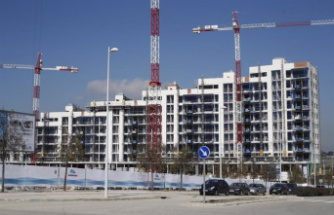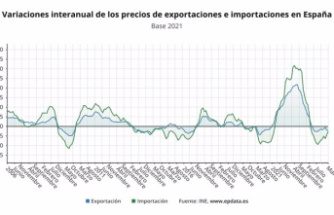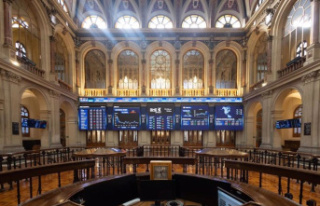MADRID, 5 Abr. (EUROPA PRESS) -
A consortium formed by Ferrovial, Acciona and Sacyr has been awarded the development of an urban highway in Lima (Peru) under the concession format for 3,400 million dollars (about 3,131 million euros), the three winning companies reported this Friday.
Ferrovial, through its toll road subsidiary Cintra, owns a 35% stake in the consortium, while Sacyr and Acciona each have 32.5%.
The project, which includes the construction and operation of the concession for 30 years, will incorporate the most advanced technology for traffic management.
The Lima Peripheral Road Ring, the name of the awarded project, is integrated into the road infrastructure planning scheme of Lima at the local, regional and national level, and its objective is to solve the challenges posed by mobility in the Peruvian capital and in areas nearby.
The project includes the design, financing, construction, management and maintenance of a 34.8 kilometer urban toll highway. The new route will connect 11 districts of Metropolitan Lima and one of Callao, and will benefit 4.5 million inhabitants.
It will also have toll-free side roads in both directions along the main route, which will facilitate connectivity in the city.
It is estimated that the project will generate more than 70,000 direct and indirect jobs in its construction stage, of which 5,000 positions would be direct. During its operation, the creation of 20,000 jobs per year, both direct and indirect, is anticipated.
The Peripheral Road Ring will also incorporate advanced technology, including design information management (BIM) and asset management systems and intelligent transportation systems (ITS) to ensure efficient and safe infrastructure management.
The operation of the route will be carried out under a co-financed Public-Private Partnership (PPP) model, with which the income from tolls will cover the costs of operation and maintenance and will partially support the initial investment.
The term of the concession has been defined as 30 years from the signing of the contract or until the indicated present value of toll income (VPIP) is reached. The contract provides for the possibility of extending the concession period if the VPIP has not been achieved by year 30.
The project will allow access to national highways whose origin or destination is in Lima (Panamericana Norte, Panamericana Sur and Carretera Central) and will be integrated with the local road network.
Likewise, it will improve circulation in the capital of Peru itself by allowing a more fluid circulation of traffic, with an estimated 50% reduction in average transportation times.
The project has been approved by the Peruvian Private Investment Promotion Agency (Proinversión) and the country's Ministry of Transportation and Communications and the investment in it includes contributions of public funds by the Administration.

